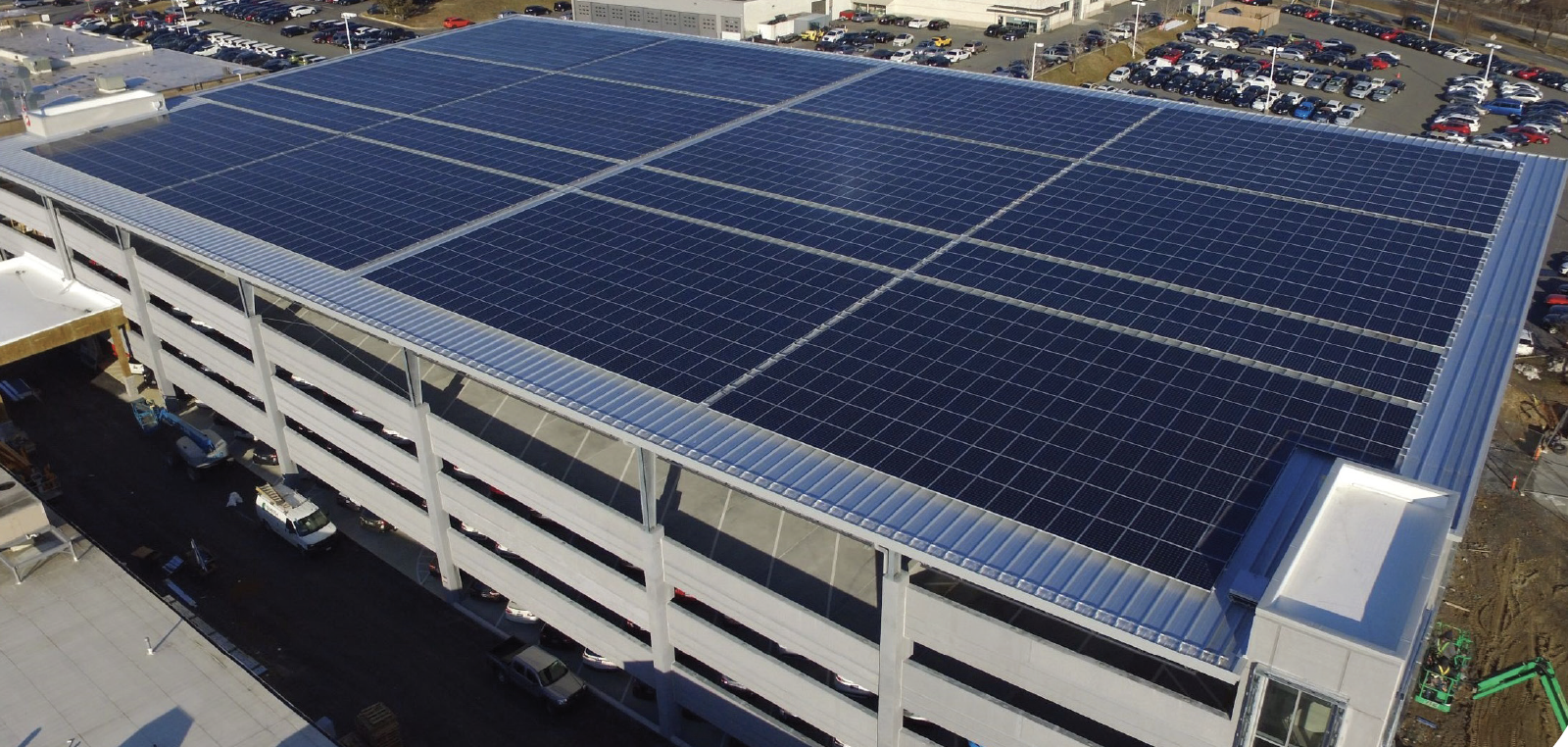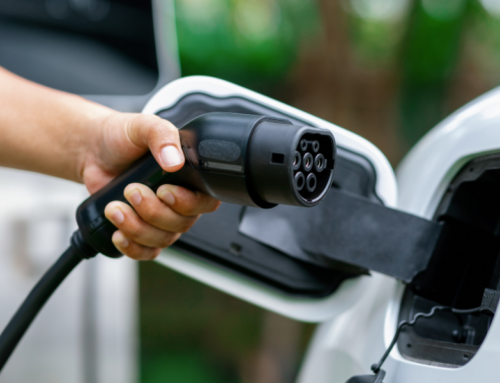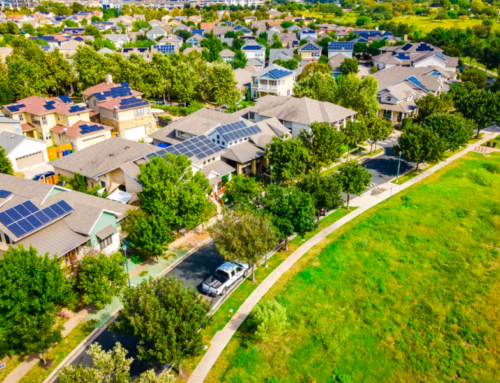Making the switch to photovoltaic (PV) solar power is a big change – an investment both financially and for the future. More people are doing it because they recognize solar power’s unique ability to save money long-term and lessen their household’s impact on the environment.
There are companies that provide solar equipment, like SunPower, and there are companies that install these solar products in residential neighborhoods. The goal is to find the right solar installer for your home. To make things a little easier, SunPower has a diverse network of third-party approved dealers nationwide, all of whom receive specialized training to install SunPower® panels. However, the following questions can help you decide on which solar installer may specifically fit your needs:
Do you know someone who has already installed solar?
That person could tell you a lot about what they’ve learned and which company to recommend.
Where can you get other recommendations?
Homeowners can find helpful reviews online. SolarReviews.com is one of many great sources to use.
What is a solar installer’s track record?
Experience is key when it comes to installations.
- How many local installations has this company done?
- Are they familiar with the regional laws and policies on making the switch to solar?
- Will they do the work themselves, or will it be done by subcontractors?
- What are their quality control practices? Are they licensed and bonded?
- Also, ask pointed questions about the experience of everyone on the crew. You want to make sure they’re up to the job and won’t make rookie, cost-cutting mistakes – like using a template solar system when a customized one is needed.
Keep in mind that if you choose a SunPower-approved dealer, the majority of these questions will be answered for you.
Another way to decide on which solar installer is right for you is by weighing financial options with them. There’s more than one way to pay for a home PV solar system, and there’s more than meets the eye about the solar system’s sticker price. You will want to work with a solar installer you can trust to provide just the right balance. Using the following questions will help:
What are the financing options?
There are three main options: purchase, loan, or lease. All have important advantages. Your solar installer can help you weigh which one is best.
Is a solar system worth the money?
Nobody wants to pay more than they have to. But with solar, just looking at the initial price of a system or the cost-per-watt does not paint the full picture. Work with your solar installer to find the system that meets your energy needs and determine the right price for your home.
What kind of warranty does the system have?
Find out what the warranty covers and for how long – both from the installer and from the solar panel maker. SunPower offers a best-in-industry 25-year Power and Product Warranty for home use. It’s best to have your entire system built by one company like SunPower’s Equinox platform, not a hodge-podge system with separate warranties for this or that.
A final factor to take into consideration is the actual installation process. In a small construction project, installation normally takes one to two days. But there’s a lot of work that goes into getting ready for it. Your SunPower-certified solar installation contractor will handle things like applications, permitting, rooftop surveys, and other important duties, including working with your homeowners’ association and dealing with your utility company. During all of this, a project manager should keep you up to date on the process.
Once the work is complete, an inspector from the utility or local electric authority must give permission to operate. After that, you’re all set to start seeing the benefits of solar power.
Picking the right installer is a big decision. Get the right installer, and you’ll have a customized solar system that fits the needs of your house and helps you save on your utility bills over time. Pick the wrong one, and you could end up with a system that constantly has to be tweaked mechanically and never truly delivers the investment you planned on.
This post originally appeared on the SunPower Resource Blog.








